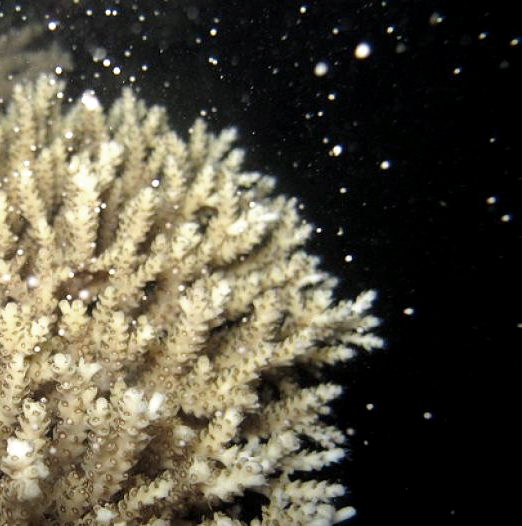Coral follow friendly sounds
 Scientists say the coral is listening.
Scientists say the coral is listening.
A new study shows that coral larvae are attracted to settle in areas that simulate the soundscapes of healthy reef ecosystems, according to recent research findings.
Researchers employed custom solar-powered devices to replicate the auditory environment of thriving coral habitats, and revealed that larvae settlement rates were up to seven times higher in these acoustically enriched sites compared to quieter, less vibrant areas.
This innovative approach to coral restoration could offer hope for ecosystems that are currently under threat from environmental stressors.
Coral reefs - epicentres of marine biodiversity - are facing unprecedented declines worldwide.
The degradation of these habitats has been accelerating, leading to a critical need for effective restoration methods.
It appears that coral larvae, in the earliest days of their lives, make a once-in-a-lifetime decision on where to settle. It appears they are listening to the reef to make that decision.
The research focused on the Porites astreoides species, exposing the larvae to enhanced soundscapes via an underwater speaker system.
Notably, the impact of the acoustic enrichment was observed not only within the immediate vicinity of the speakers but also extended up to 30 metres away, albeit with diminishing effects.
This phenomenon indicates that soundscapes could potentially cover broader areas than previously anticipated in coral restoration efforts.
The researchers say their results provide, “ to our knowledge, the first field-based study showing a positive effect of acoustic enrichment on coral larval settlement”.
Previous efforts to use sound for marine restoration have shown promise, but this study's approach - employing ecologically relevant sound levels rather than artificially amplified noises - marks a significant advancement in the field.
Additionally, the study did not find the highest settlement rates closest to the speakers, a finding that challenges some expectations and underscores the complexity of coral larvae's responses to acoustic cues.
The researchers say the nuances discovered in their study suggest a need for further studies to refine the application of acoustic enrichment in coral restoration practices.
By enhancing coral larvae settlement, acoustic enrichment could accelerate the recovery of degraded reefs, contributing to the restoration of these vital marine ecosystems.
The researchers envision integrating this method with other restoration practices, offering a multifaceted approach to reef rehabilitation.








 Print
Print